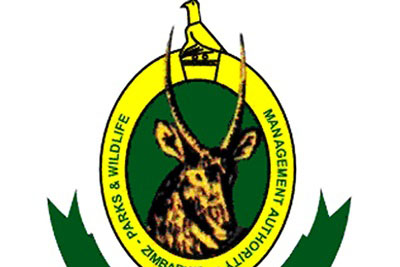
THE Zimbabwe Parks and Wildlife Management Authority (Zimparks) has introduced 100 000 kapenta fish in the Tokwe-Mukorsi Dam under the government’s ambitious command fisheries programme that will see the decentralisation of the pelagic and non-migratory sardine-like fish from Kariba Dam.
BY Everson Mushava
Zimparks spokesperson, Tinashe Farawo said the introduction of the kapenta in the country’s largest inland dam in Masvingo on Monday marks the beginning of the wildlife management authority’s effort to decentralise kapenta fishing and take it to the country’s 10 provinces.
“The project will be monitored by ecologists and if it succeeds, it will cascade to other dams in the country’s 10 provinces,” he said.
Kapenta, the freshwater, pelagic and non-migratory sardine-like fish flourishes in waters with a depth ranging from 20 to 40 metres under tropical temperatures between temperature of 21°C and 29°C and Farawo said the Tokwe Mukorsi Dam offers such conditions.
“There is need to allow the kapenta to fully establish and ZimParks will conduct periodic hydro-acoustic surveys to assess the development of the fish in the dam to recommend the appropriate time when fishing can commence,” he said.
Kapenta fishing in Kariba took four years to commence after the sardine-like fish were taken from Tanzania in 1967.
The tiny fish will boost the ecology of the new lake by providing a fish that can utilise the open pelagic waters of the lake, according to Farawo.
- Chamisa under fire over US$120K donation
- Mavhunga puts DeMbare into Chibuku quarterfinals
- Pension funds bet on Cabora Bassa oilfields
- Councils defy govt fire tender directive
Keep Reading
“The introduced kapenta should also promote piscivorous fish populations in the lake and promote game fish angling and important sport fishing tournaments,” Farawo added.
“The concomitant development of licensed artisanal fisheries using sustainable fishing methods should help end the rampant poaching which utilises unsustainable fishing methods which has inundated Tokwe-Mukorsi Dam in recent times.”
Zimbabwe still lags behind in terms of fish production and stocking of Tokwe Mukorsi Dam is one of the first steps in addressing the situation.
This is despite the country having over 10 700 small, medium sized and large dams with conducive environments for intensive fish production.
Apart from poor fish production, the country’s per capita fish consumption is pegged at one kilogramme, falling way below the Sadc average of six kilogrammes.











